A champion for agriculture
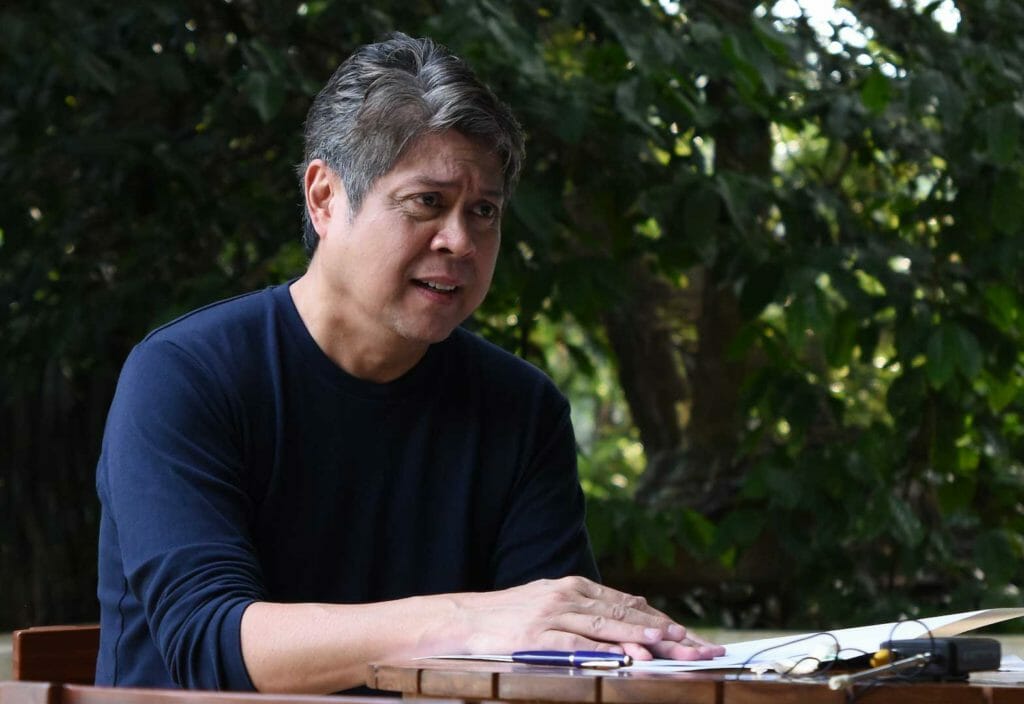
For our ailing agriculture to develop properly, we need a champion in the Senate. That champion is former Senator Francisco Pangilinan.
Two main reasons are his track record of service, and his legislative plans for agriculture.
Track record
Pangilinan’s life has been one of service to our people. While still a student at the University of the Philippines, he became the student council president and the first university student regent.
In 1988, he was elected as the youngest city councilor of Quezon City. In 2001, Pangilinan was elected a senator.
Only three years later, he became senate majority leader. He continued to hold this post when he was reelected in 2007. He was distinguished as being the first incumbent to run as an independent, even winning among the top five of the senators.
Since the law provides for only two successive terms for a senator, Pangilinan became a full-time farmer. He developed a model 1.7-hectare lot growing a “Bahay Kubo” variety of vegetables.
Soon after, he was appointed as presidential assistant for food security and agriculture modernization. In this position, he got a deep knowledge of the problems and challenges in agriculture governance.
He was placed in charge of four agencies — National Food Authority; National Irrigation Administration; Fertilizer and Pesticide Authority; and Philippine Coconut Authority.
In this capacity, he delivered outstanding performance. For example, he stabilized the price of rice by institutionalizing transparency and accountability, saving the government P6 billion a year.
He curbed the cocolisap infestation, which severely affected 2.7 million coconut trees. Even the global Food and Agriculture Organization described as “praiseworthy” the government’s quarantine measures. It further stated his unique participatory approach was “commendable.
Pangilinan got local governments, farmers, agribusiness and the science community to unite and solve the problem together.
To promote agriculture more effectively, Pangilinan took a big risk in 2002. Instead of taking the easier path of Senate reelection, he chose to run for vice president in a new underfunded political party. His desire was noble, but it was not fulfilled.
Today, Pangilinan is running to continue his agriculture mission. He is the only one among the Senate candidates who has agriculture development as a main platform.
Because of the critical importance and current state of our agriculture, this issue should get special attention.
Legislative priorities
Last week, Pangilinan explained two of his key legislative measures. In Marawi City, he proposed a significant budget increase. He will start his first year by adding P100 billion to the existing P200 billion budget of the Department of Agriculture (DA) in his first year.
For the last decade, our agriculture budget as a percentage of the total has averaged 2 percent compared to Vietnam’s 6 percent. There has also been massive corruption.
Thankfully, this budget share is now 3 percent. Francisco Tiu Laurel Jr. has also been the most effective agriculture secretary in fighting corruption, as evidenced by the 300-percent increase in smuggling apprehensions last year.
Largely because of Vietnam’s budget support, it had $62.5 billion agriculture exports last year. This is eight times our $7.8 billion.
But Pangilinan will not only get a larger budget. With past actual DA experience and the Senate oversight function, he will ensure that DA will use the budget effectively, and not get lost to corruption. In Nueva Vizcaya, Pangilinan discussed his proposed “Libreng Almusal” for students in public schools to help underprivileged families, as well as boost the learning capacities of children.
Studies have shown that 9 out of 10 of our 10-year-old learners did not understand what they read. For our 15-year-olds, our deficiency ranking was 79 out of 81 countries in reading, mathematics and science. In addition, Pangilinan will make a new requirement—the majority of the “almusal” must come from the community’s farmers and fisherfolk. This is similar to the Indonesia experience, where more livelihoods were created and rural poverty diminished. With his track record of service and legislative priorities, Pangilinan is our best bet for an agriculture champion in the Senate.
The author is Agriwatch chair, former secretary of presidential flagship programs and projects, and former undersecretary of the Department of Agriculture and the Department of Trade and Industry. Contact is agriwatch_phil@yahoo.com.






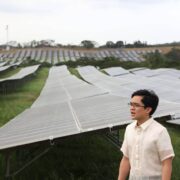


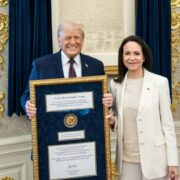






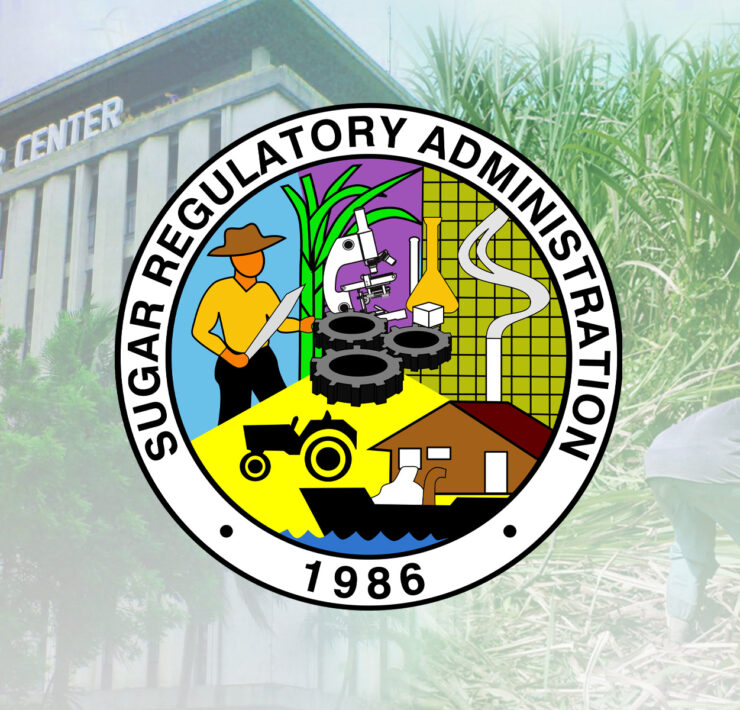
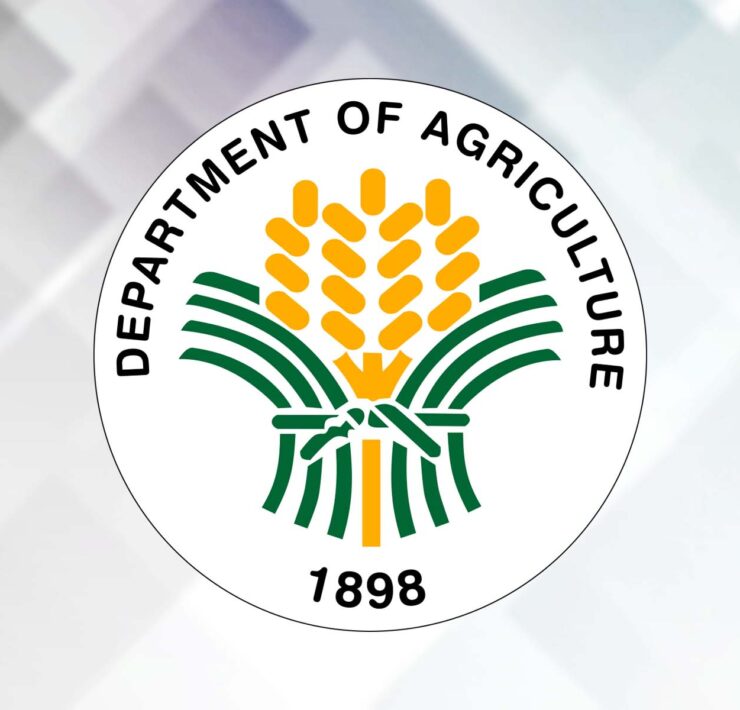
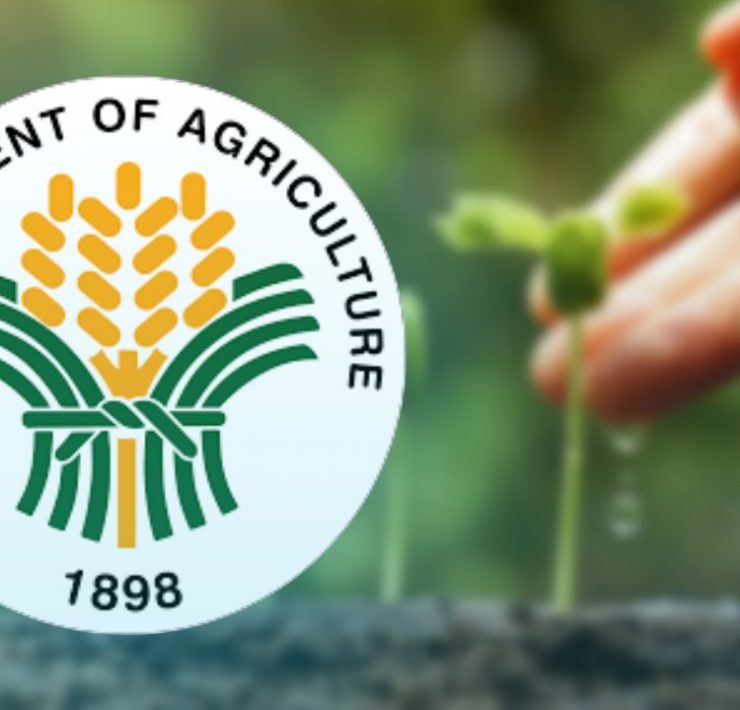


Mangroves matter